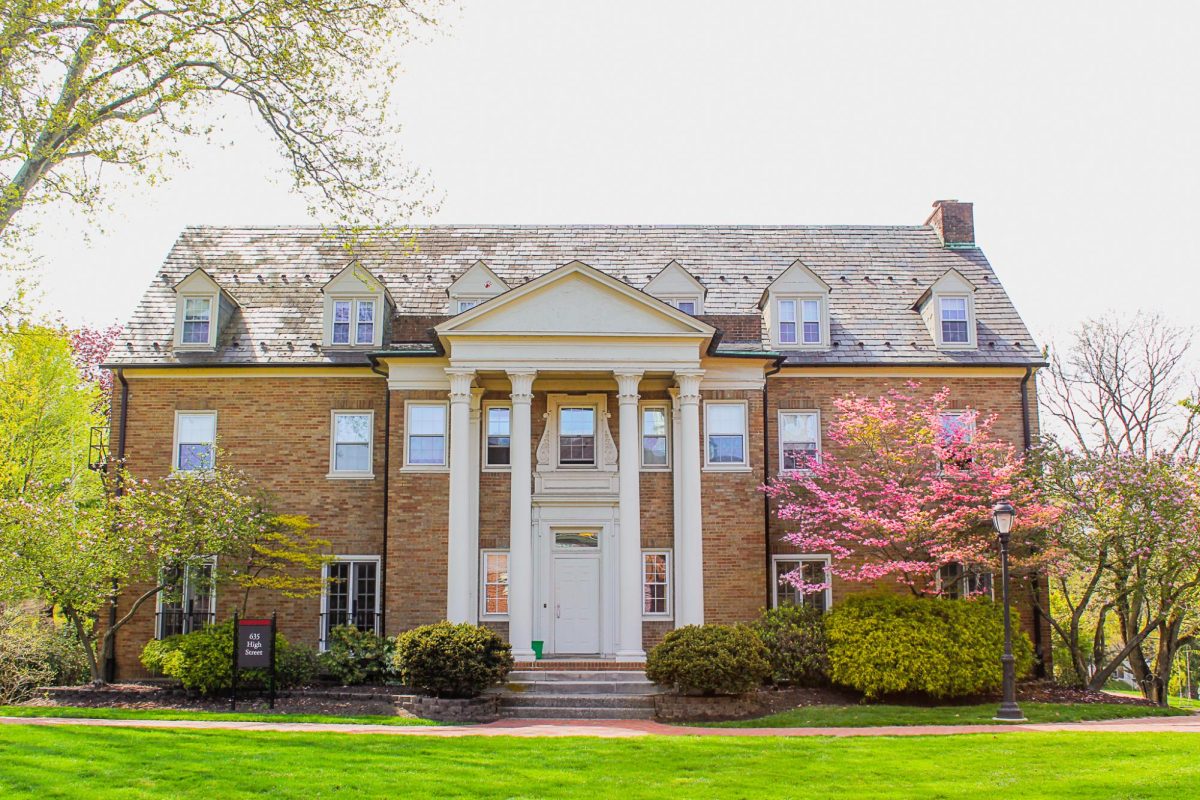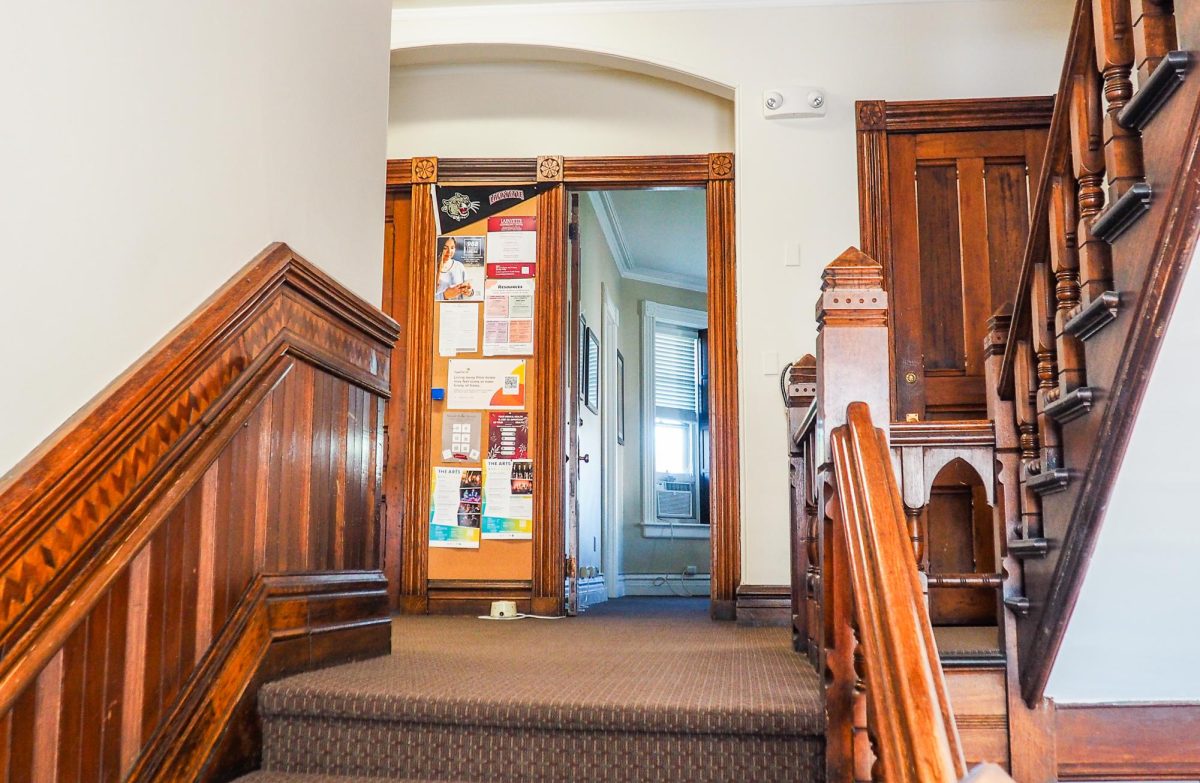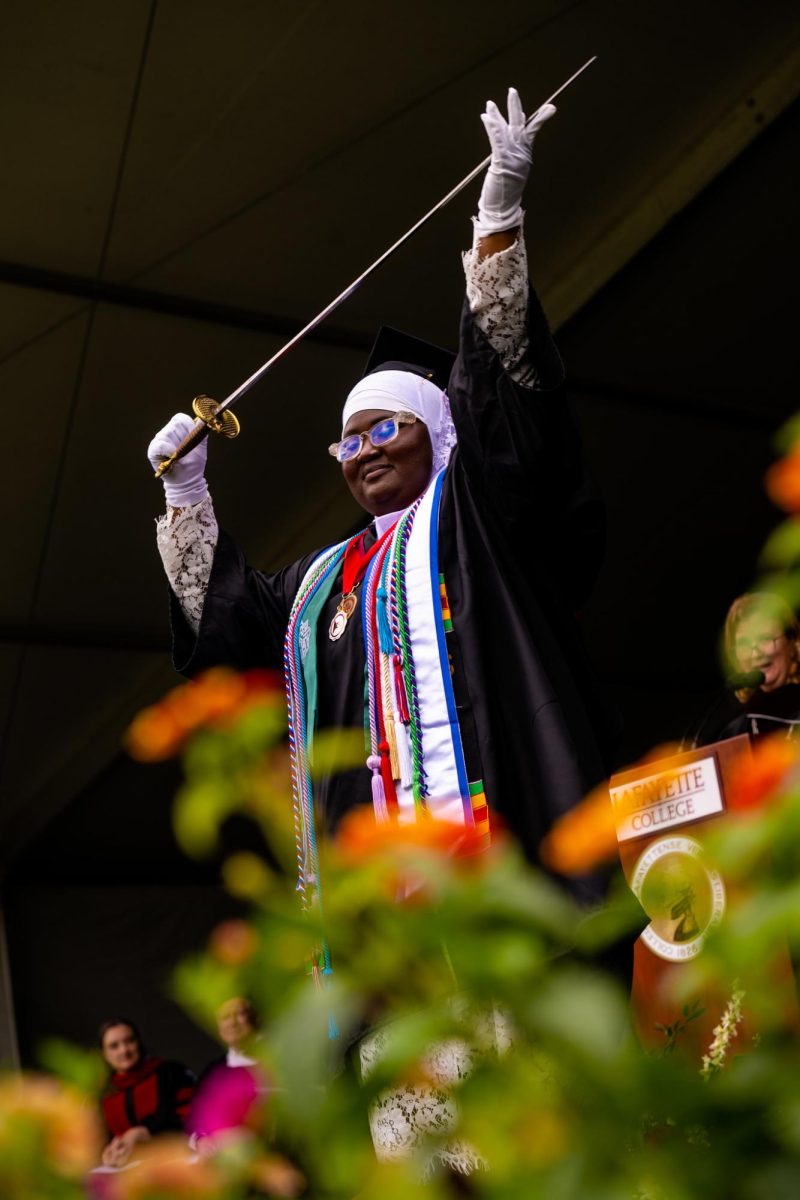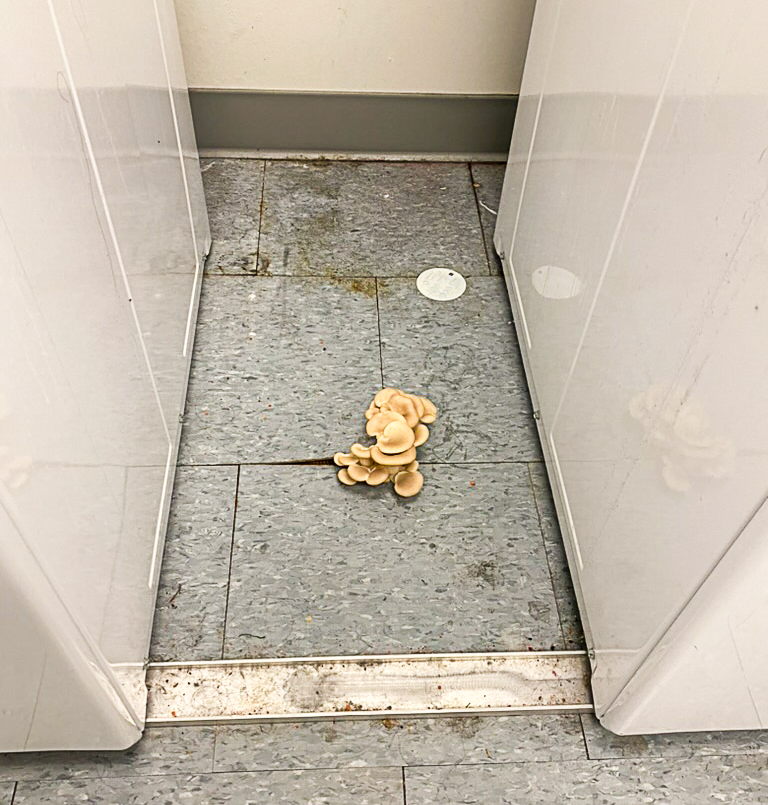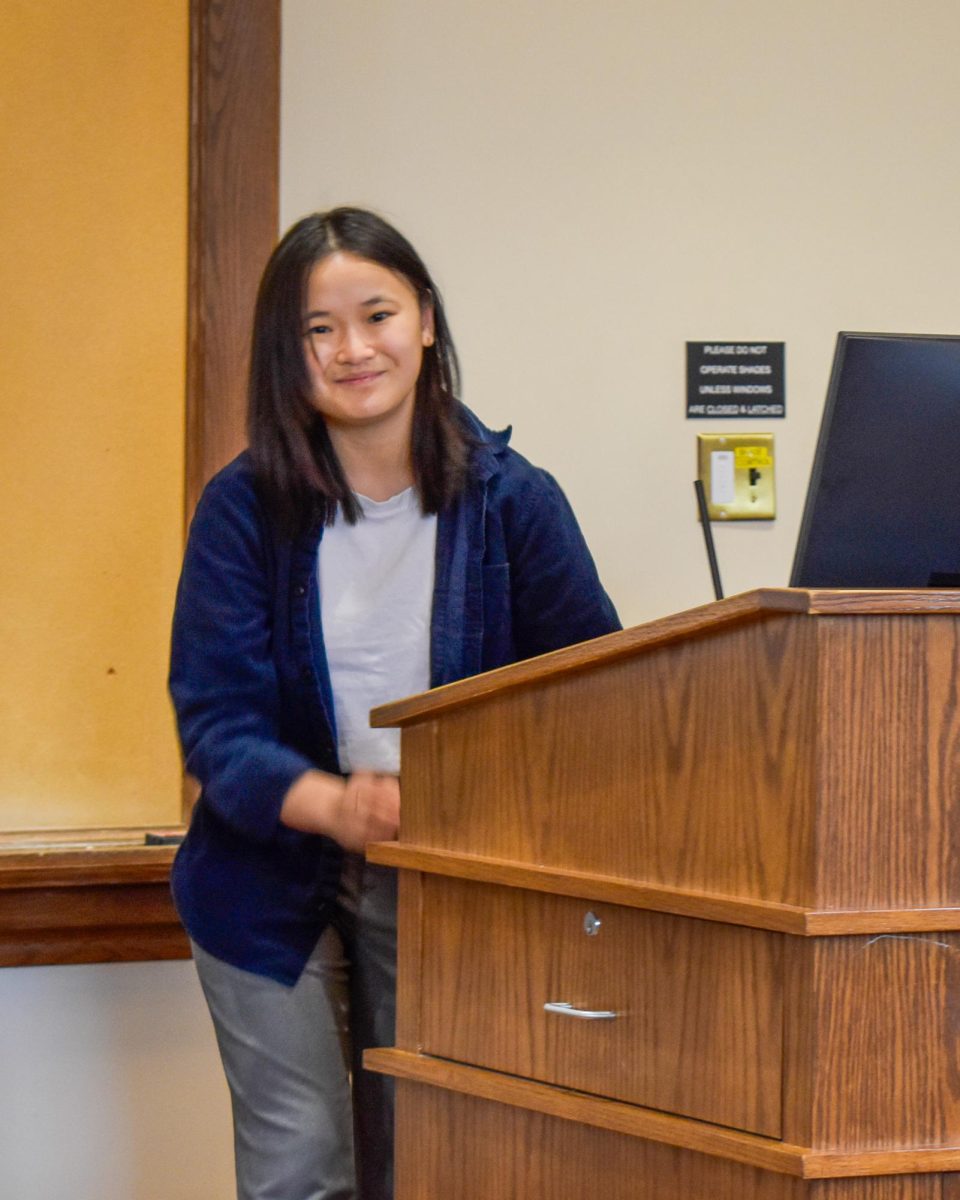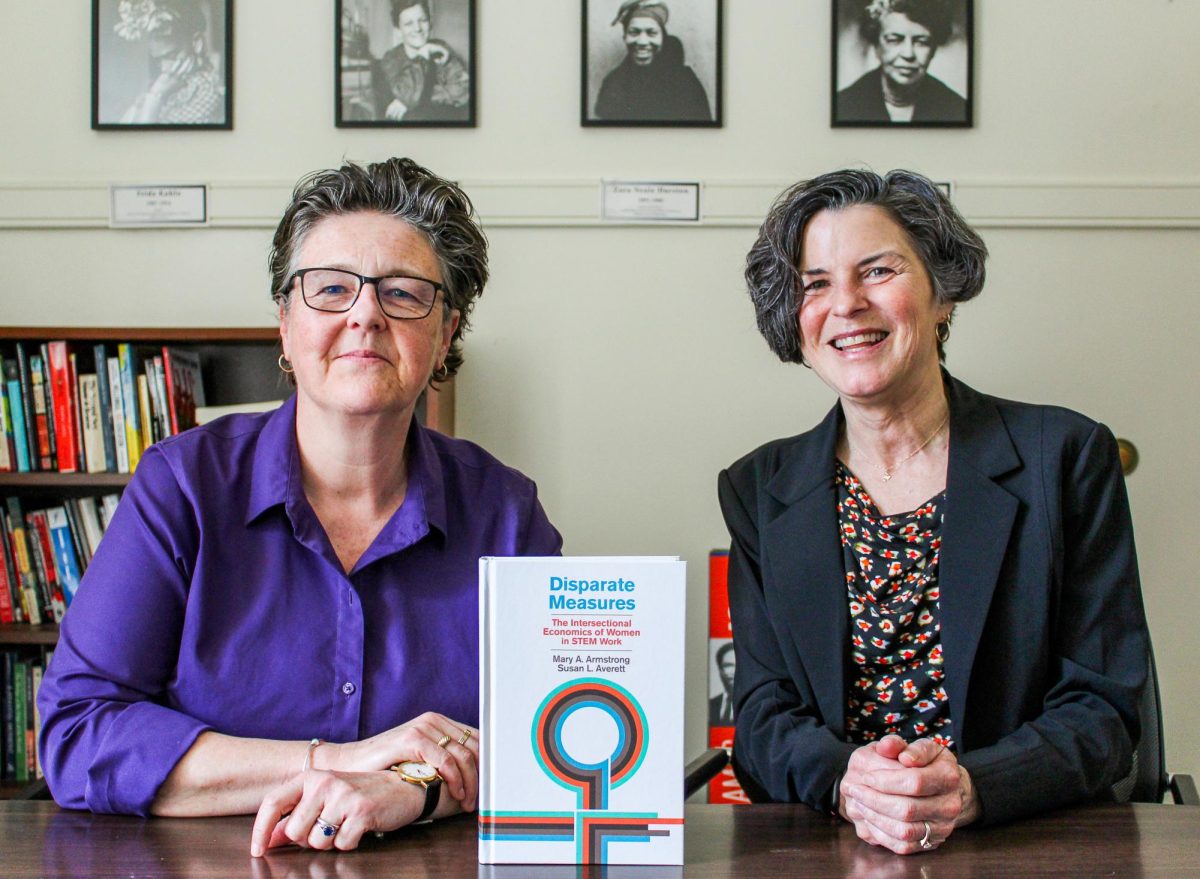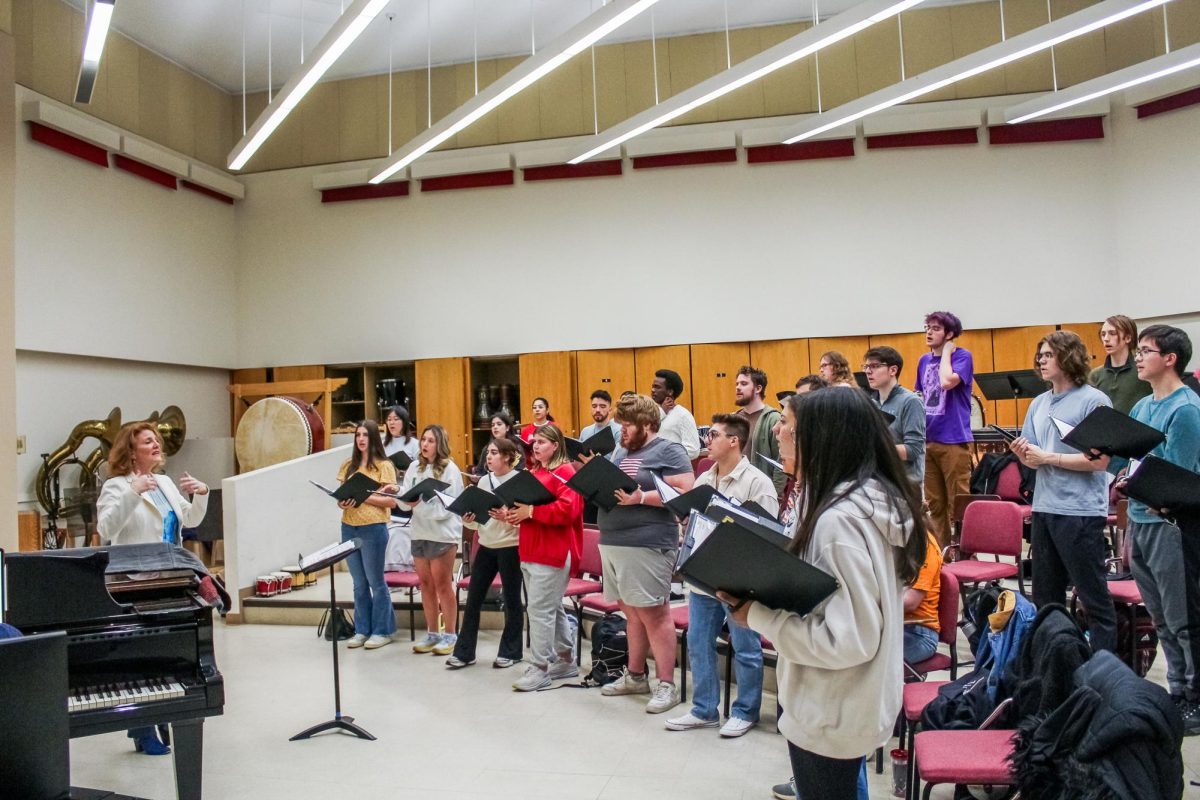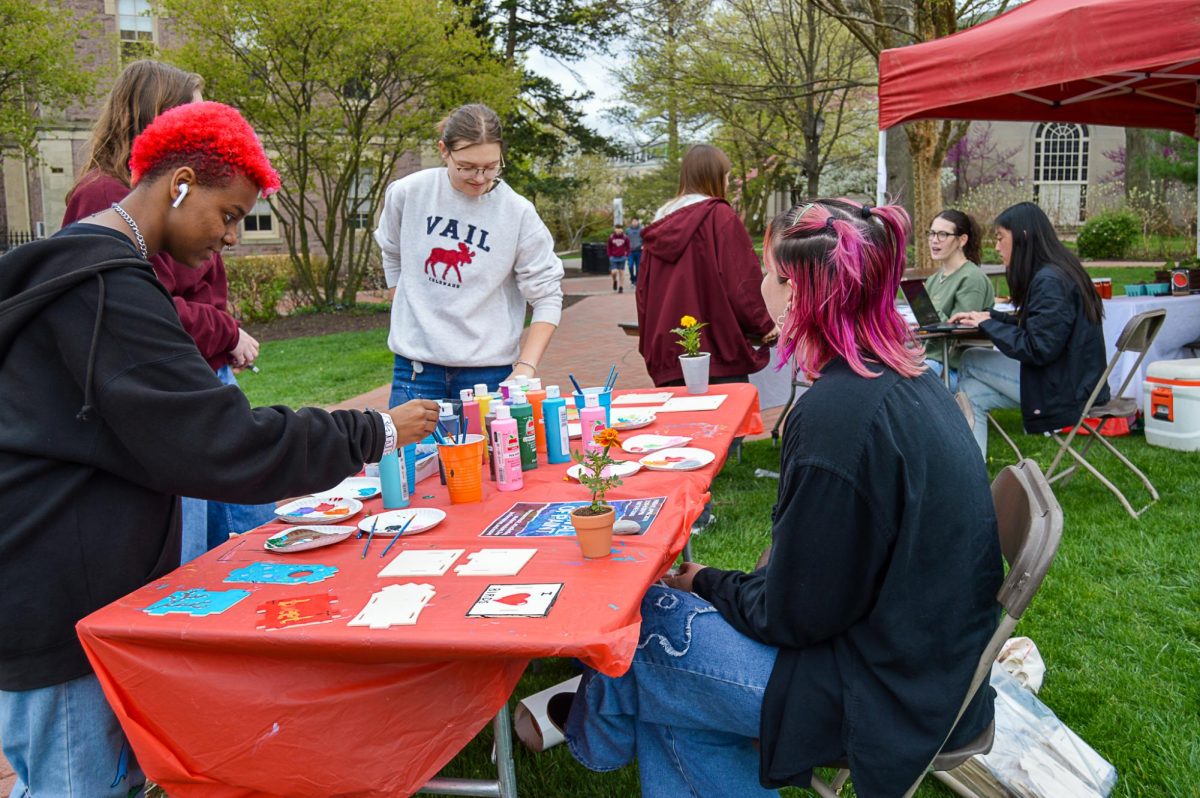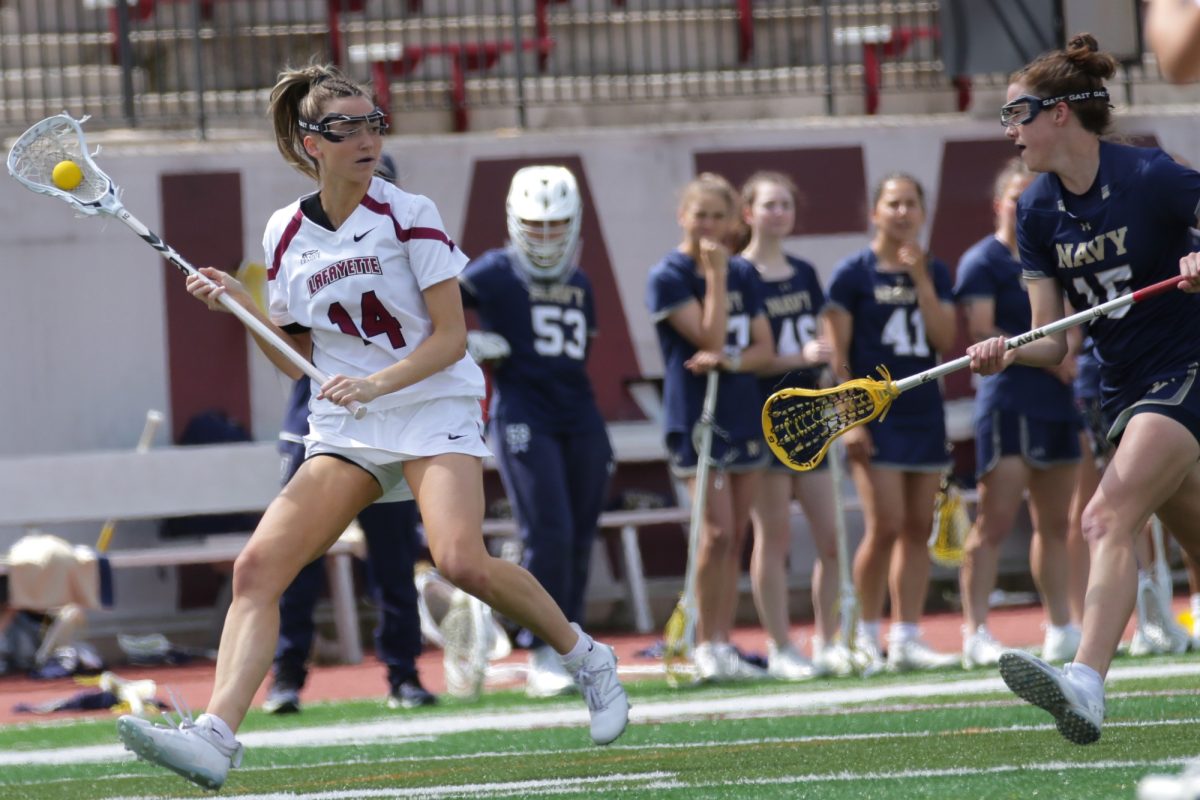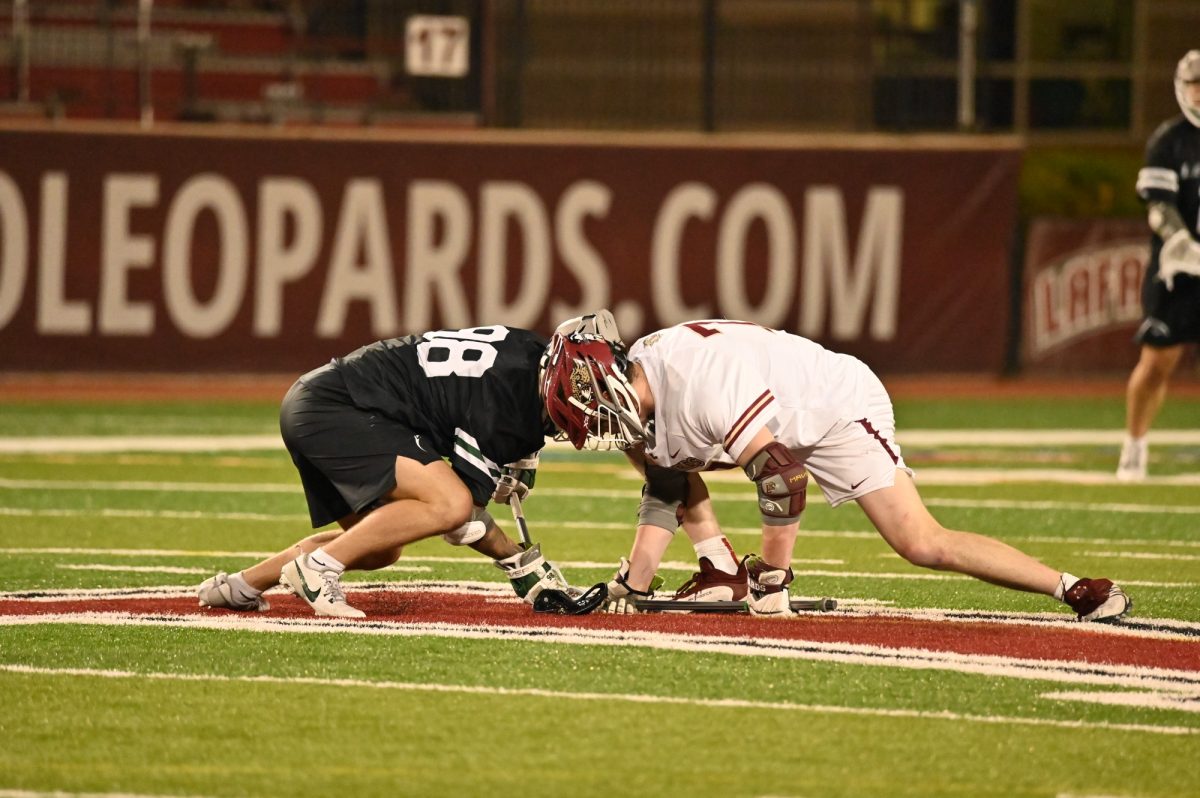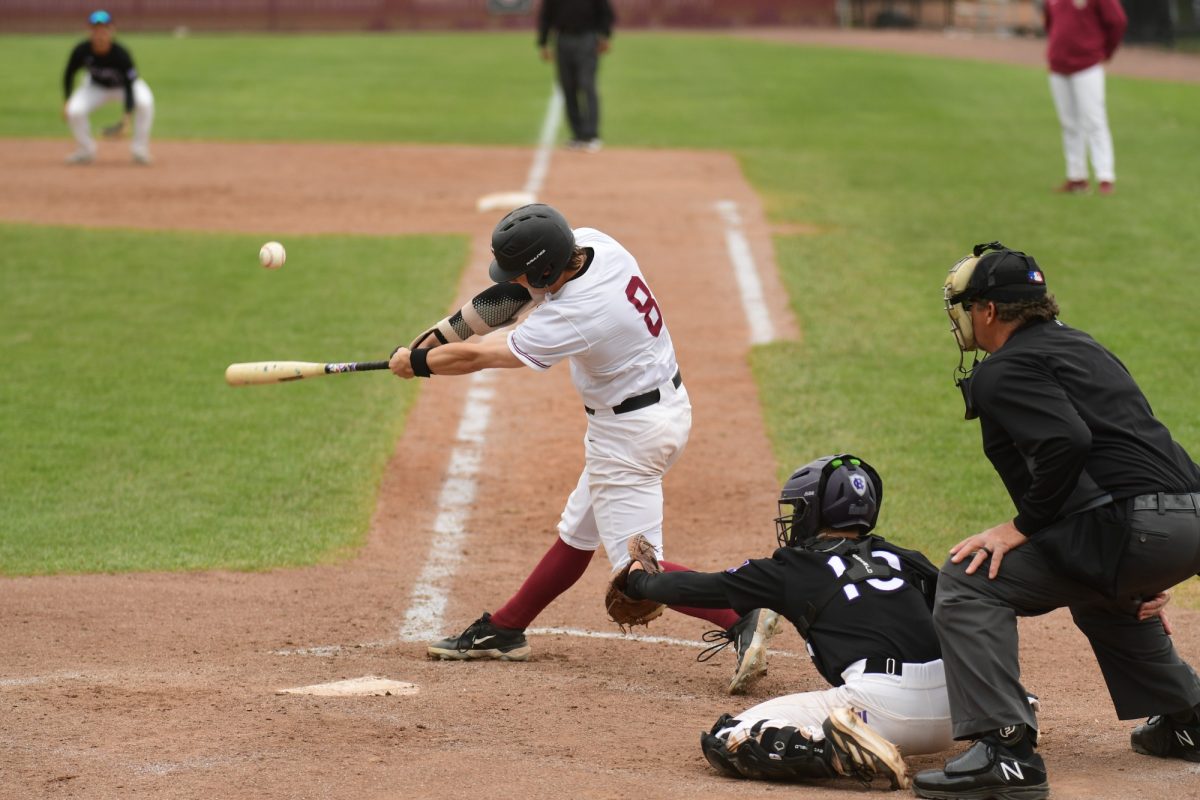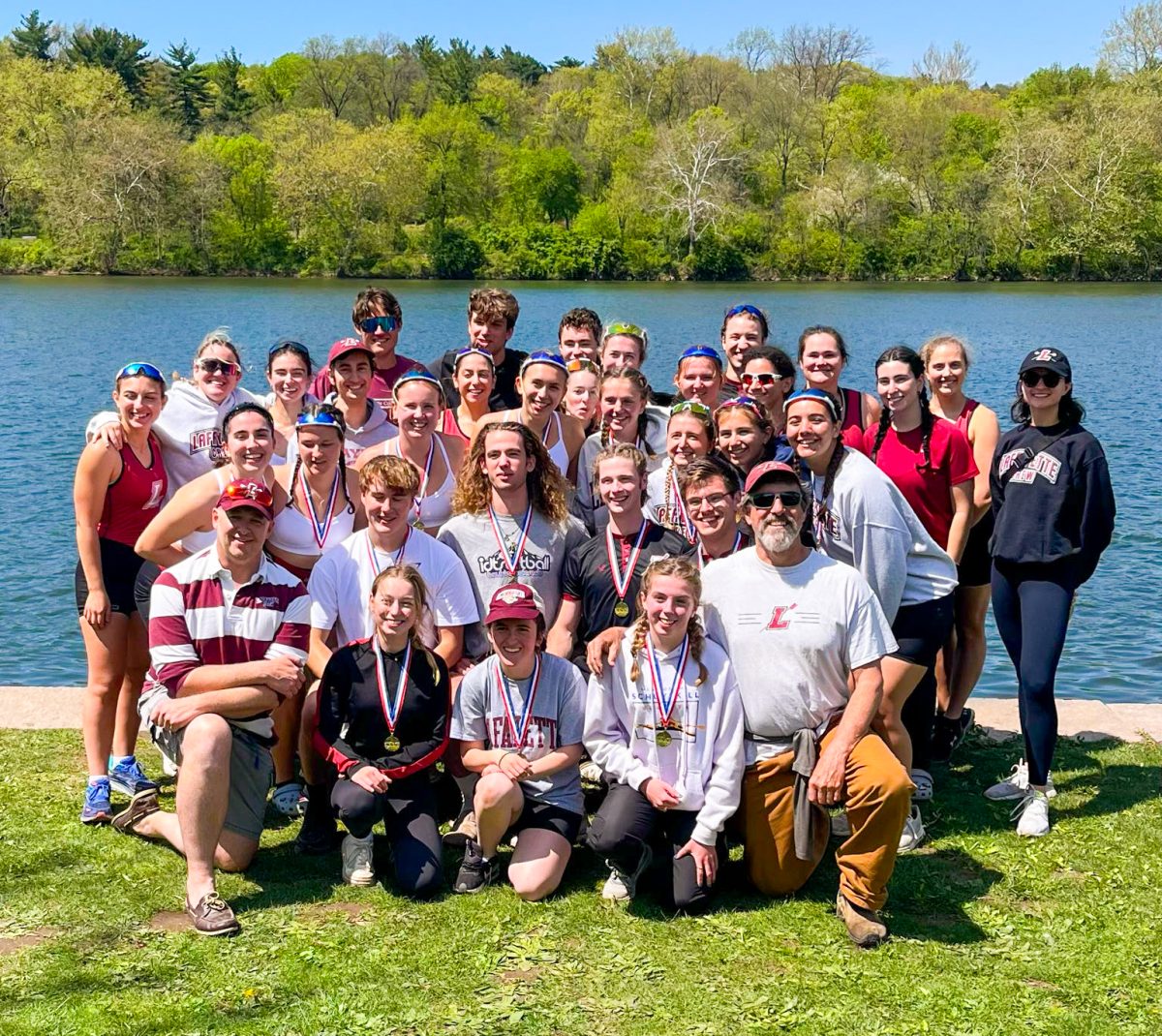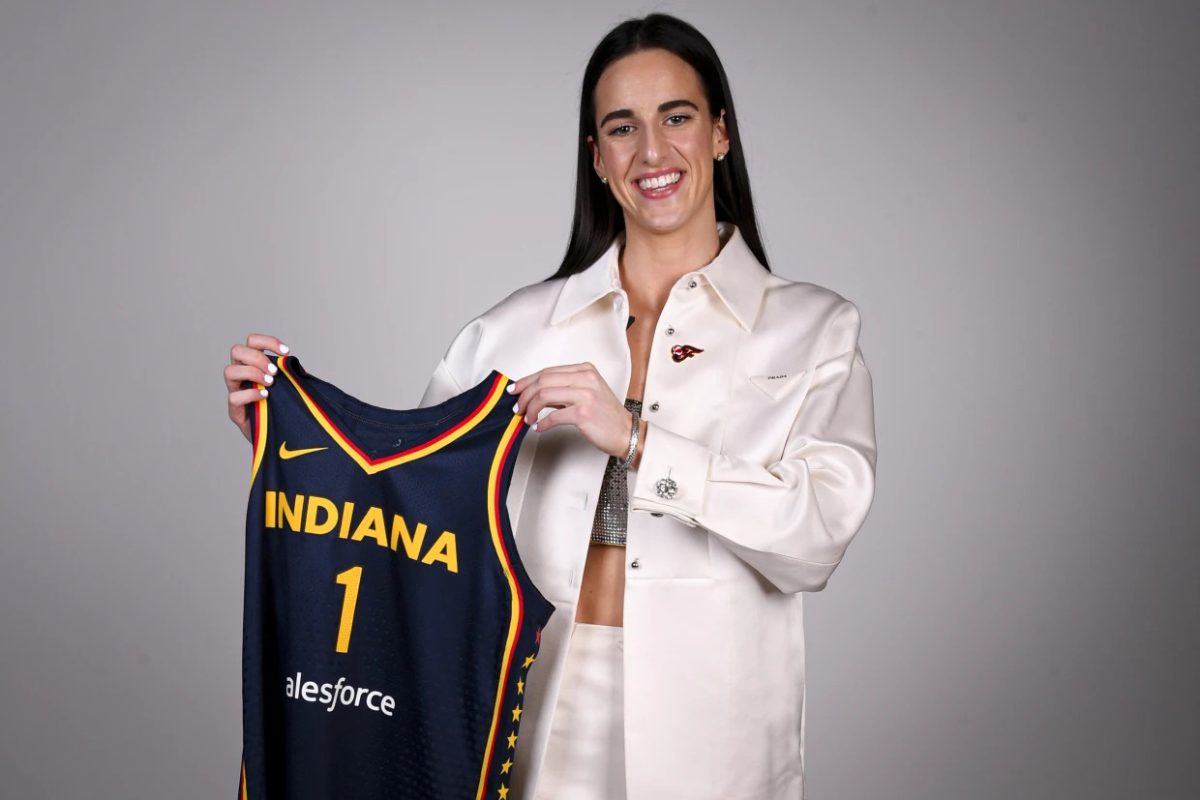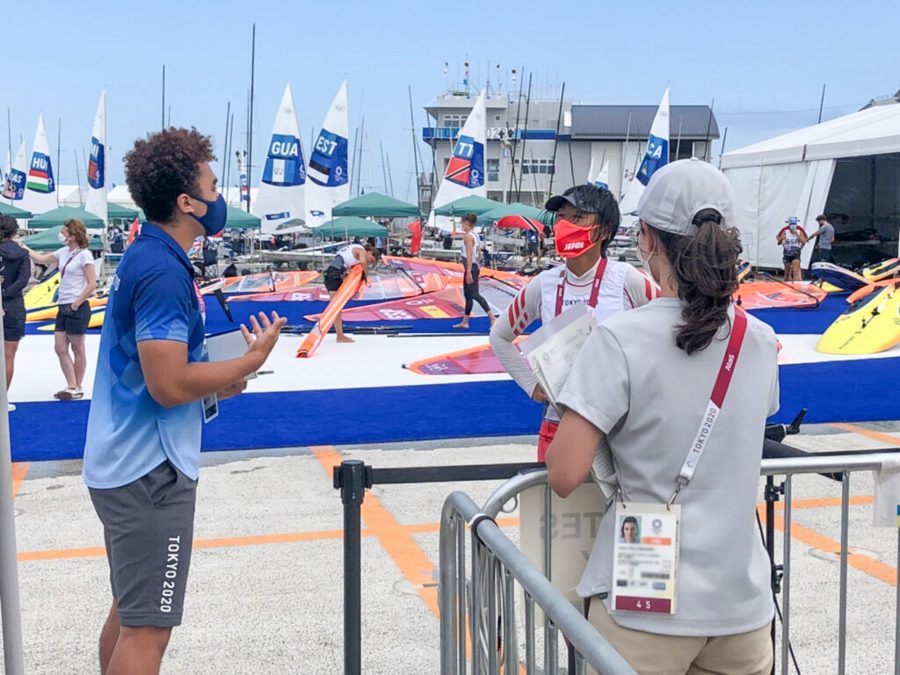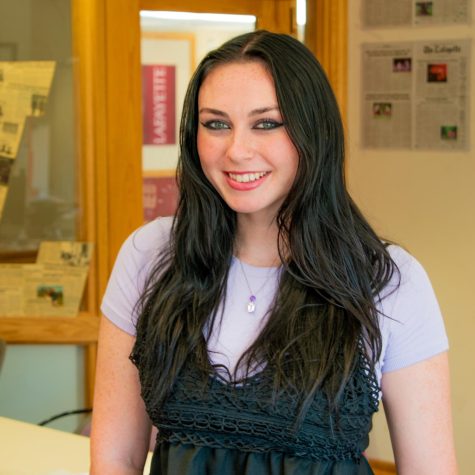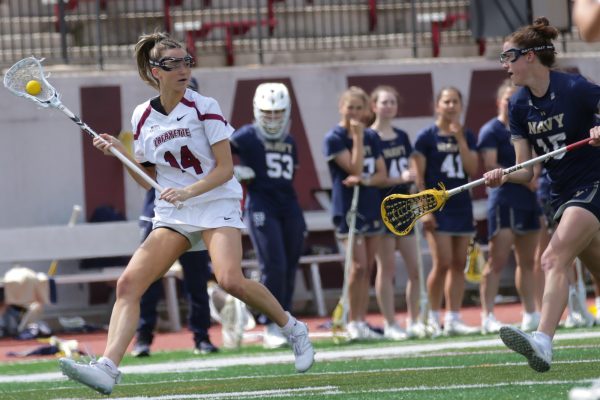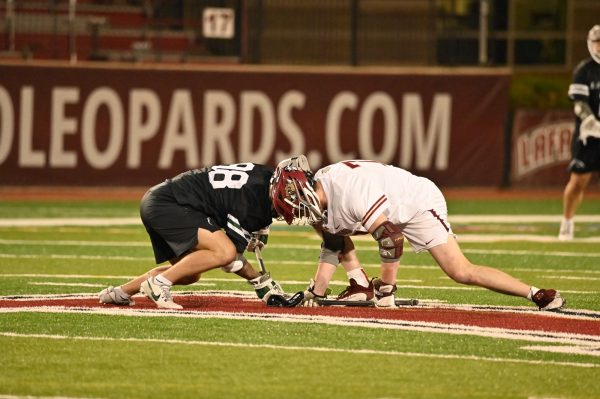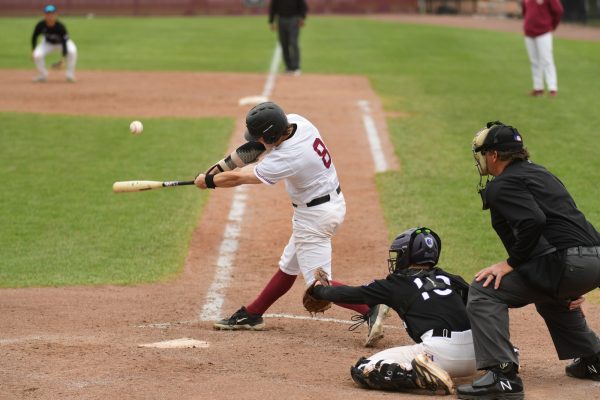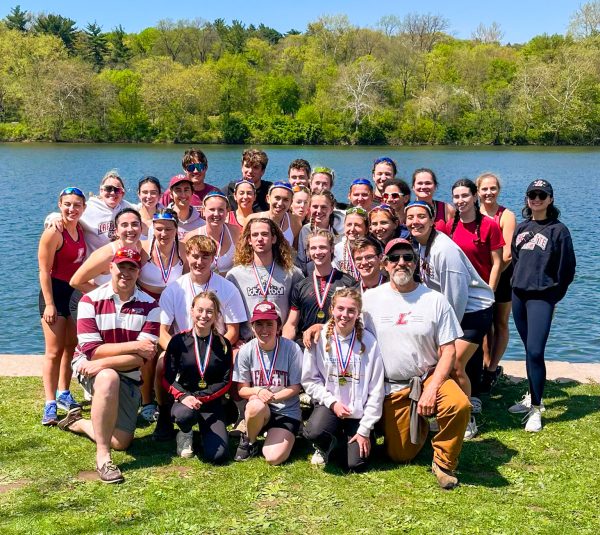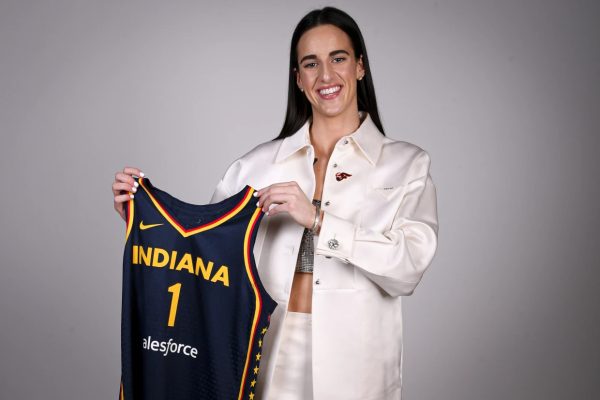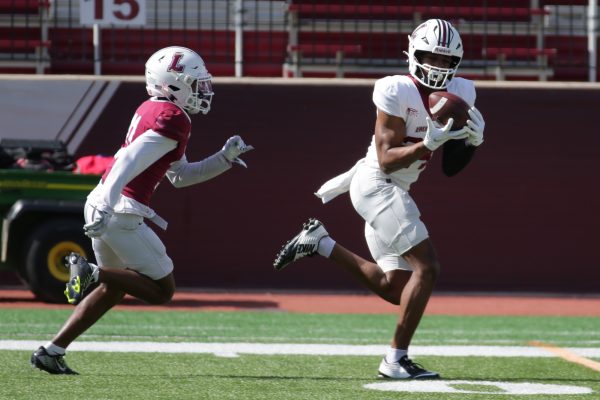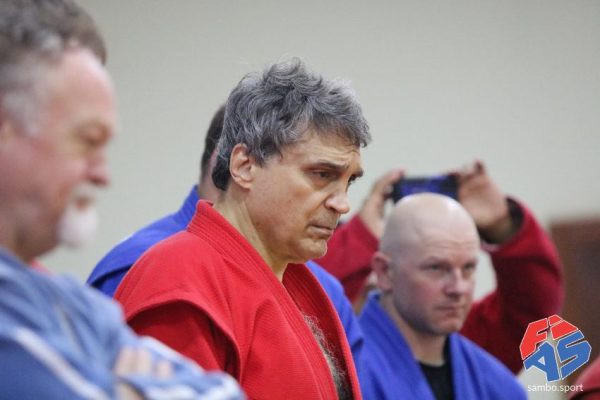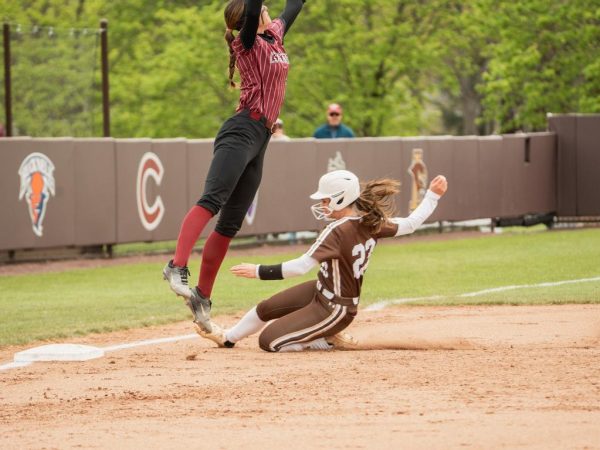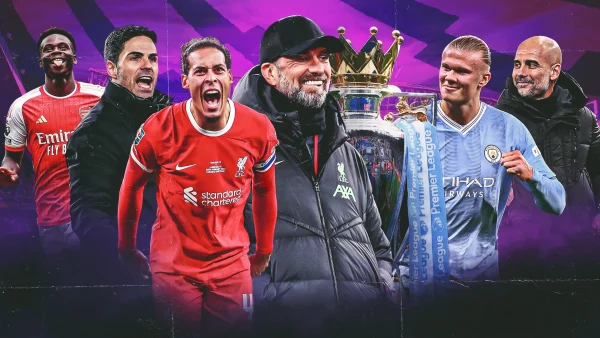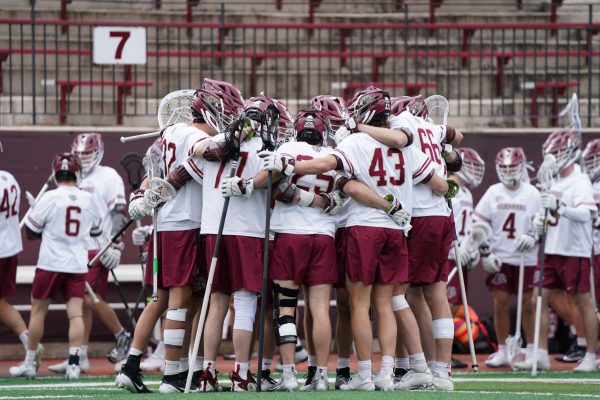Translating the Olympics: Senior Chris Baylor speaks on his summer as one of the youngest translators in Tokyo
After waiting an extra year due to COVID-19, senior Chris Baylor spent the summer months in Japan translating for olympic medalists. (Photo courtesy of Lafayette Communications)
October 1, 2021
Senior Chris Baylor was selected out of 200,000 applicants to work as a Japanese-English translator for the 2020 Tokyo Olympics sailing competitions, spending several weeks at Enoshima Yacht Harbour.
“I was born in Japan. I lived there my whole childhood and then immigrated to America. My mom kind of influenced me to see if I had any opportunities to participate or volunteer in the Olympics since it was going to be held in Tokyo,” Baylor said. “I found that out during my freshman year in 2018, and I knew it was a once-in-a-lifetime opportunity to try to be apart of something like that. I applied to be a volunteer, and it was such a long process. I had to wake up around 4 a.m. because of the time difference for the interviews, but the process was worth it.”
The Tokyo Olympics were moved from 2020 to 2021 and held without spectators due to the COVID-19 pandemic.
“Usually the summer before your senior year is supposed to be the time when you try to get internships and figure out what you want to do after college. COVID-19 pushed everything back, so when it was announced that it was getting delayed until 2021, my mind was all over the place. I didn’t want to pass up on it because of something that I’m supposed to do, but not what I wanted to do. So I decided to go to the Olympics and not do the internships,” Baylor said.
Due to Japan’s mandatory 14-day quarantine for travelers, Baylor spent the first two weeks in Tokyo quarantining at his grandparents’ house.
“At first I was worried that I wasn’t going to be able to go into Japan because of all the covid restrictions, but because I’m a dual citizen I was able to go. I was blessed because I had family staying there. I left around early June, and the Olympics started about two months after that, so I was in Japan most of the summer,” Baylor said.
As an international affairs and Asian studies double major, Baylor felt that his summer experience was on par with his interests.
“It pushed me, even more, to want to pursue those majors and minors. I never actually had a love for language before I did this, and now I kind of do,” Baylor said.
While he is already fluent in Japanese, his experience made him want to study the language and learn more Chinese.
“I met a lot of people from China that were Japanese-Chinese translators, and that was pretty cool. It definitely made me want to study more on the Asian study side because as a translator you have to understand a lot of people and where they come from,” he said. “Even if you don’t know the athletes or the coaches very well, you still have to be able to sense the feelings and perspectives of what they say, and that’s what International Affairs is about, it’s just diplomacy and trying to understand where people come from.”
Baylor volunteered at a venue that was originally built for the 1964 Olympics.
Baylor aided the Japanese newspapers, TV stations like the Olympic Broadcasting Service, and general media with interviews with athletes from all over the world. He also helped facilitate conversations between Japanese medical personnel and representatives from the World Sailing Federation.
“It still felt like a celebration of sports even though there were no spectators at the venue. The athletes and coaches were pumped and I felt the energy,” Baylor said.
Baylor was one of the youngest translators at the venue.
“It was intimidating because you’re talking to Olympic gold and silver medalists, and that’s added pressure,” he said. “At the same time, my manager was trying to push me and my other friend to be the ones to translate first, rather than my other co-workers who were not as young as me.”
A professional translator was there to help if needed and to record Baylor’s translations.
“It’s definitely a lot of pressure to step into that role in front of the cameras and understand what they’re saying and quickly translating it into another language,” Baylor said. “At a young age, it’s pretty hard, but pressure kind of helped me see what I really want to do in my next steps after college, so it was a good experience.”
Overall, Baylor is pleased with his decision to go and will take what he learned with him in his future career.
“I love the Olympics, and one of my dream goals is to work in the IOC (International Olympic Committee) or something in that field,” he said. “Having that experience of seeing all of the workers that are needed to make the Olympics successful and watching a lot of people coming together as one a was very fun.”


